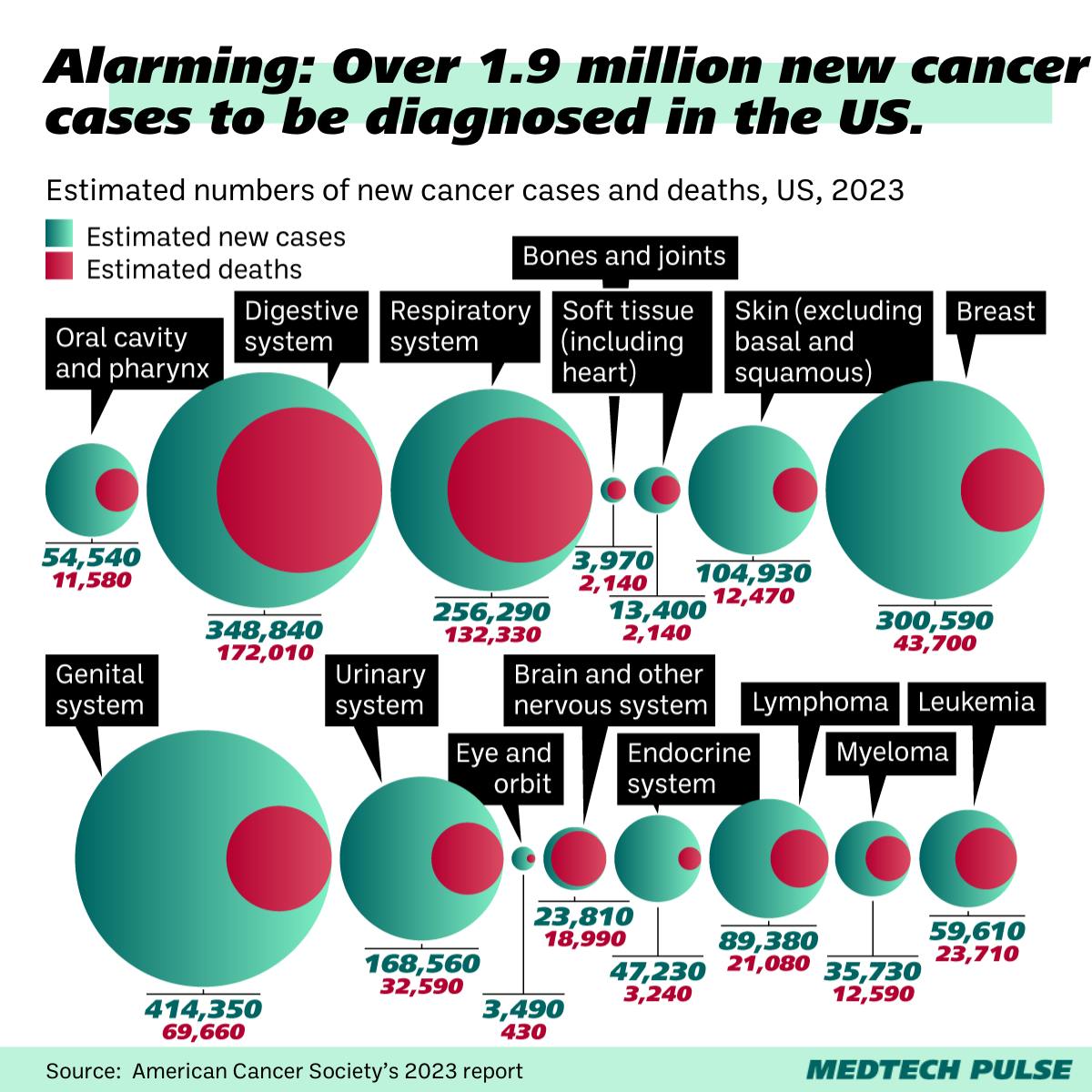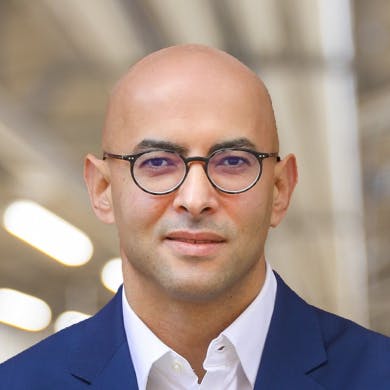Is medtech doing enough about cancer?
Are you up to date on your routine cancer screenings?
Depending on your age and gender, that may include a mammogram, colonoscopy, pap smear, and—yes—a full-body skin cancer check.
Why am I asking you this? In MedTech Pulse, we often discuss how cutting-edge technology helps us improve the treatment and detection of complex diseases. However, when it comes to cancer, one of our best weapons against this family of horrible conditions continues to be diligent screening.
Oftentimes, the issue behind undetected cancers isn’t that our screening isn’t effective enough. It’s that patients aren’t regularly coming in for their screenings. As we discussed in our last edition, routine cancer screening has been dropping—even before the COVID-19 pandemic.
And today, even with the cancer-fighting technology and breakthrough therapeutics we have in our arsenal, the stakes of being a cancer patient are high. It’s an especially challenging time to be a cancer patient with ongoing cancer drug shortages. Plus, as rates of certain cancers are increasing in younger patients, we’re needing to reevaluate whether current age-based screening recommendations go far enough.
Still, many cancers remain incredibly preventable. In fact, the American Cancer Society estimates that—excluding non-melanoma skin cancer—at least 42% of newly diagnosed cancers may be avoidable. And many remain very treatable. Especially when detected early.

As an industry, medtech has the capacity to help address this crisis. One area of expertise we should lean on is the lessons we learned from the mass-screening needs of the COVID-19 pandemic. For instance, medtech Color Health is doing just that with their pivots from cancer genomics to COVID screening and now back to cancer screening and prevention.
And as we move to promote standard cancer screening, we would be prudent to encourage eligible patients to take their diligence a step further—with genetic screening. For patients with a family history of certain cancers, speaking with a genetic counselor—whether or not they continue with testing—is a wonderful way to become more aware of one’s individual risk and receive more personalized routine screening guidance. As this technology continues developing, it is my hope we will be able to use the powerful tool of DNA screening to provide more precise, personalized, and comfortable screening for patients—as we have already begun doing with at-home epigenetic tests.
The final recommendation I’ll make is to my fellow executives in the medtech industry. As health-focused companies, we must set an example as employers. One of the best ways we can directly make a difference in this issue is by incentivizing cancer screenings among our employees. This is a personal passion of mine—and a responsibility I take seriously in my own company.
As you go on to read this edition of MedTech Pulse, I hope our coverage about endocrine disruptors helps you stay vigilant while our pieces on AR-assisted surgery and remote monitoring for infants inspire you. With that frame of mind, I encourage you to take a step today. Check when you’re due for your screenings. And ask your spouse, your relatives, your friends the same. It’s one of the easiest ways to keep yourself—and your greater community—healthy.
